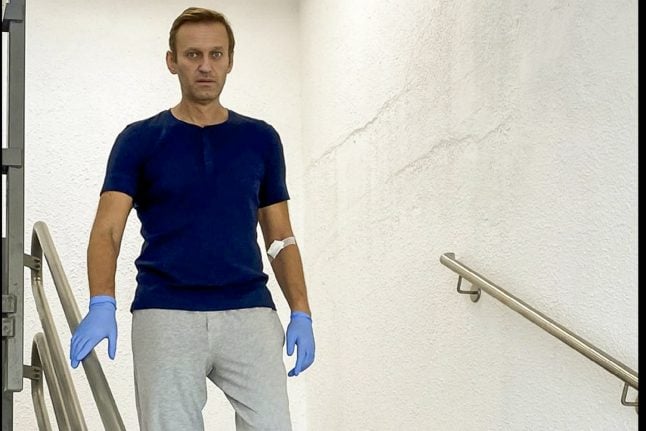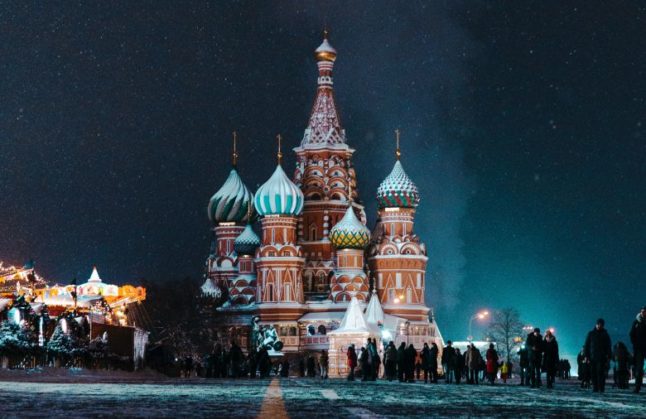“Based on the patient's progress and current condition, the treating physicians believe that complete recovery is possible,” Charite hospital said in a statement, adding however that it remained too early to assess any long-term effects of his severe poisoning.
The 44-year-old Kremlin critic and anti-corruption campaigner fell ill after boarding a plane in Siberia last month and was hospitalised there before being flown to Berlin.
He spent 32 days in the Berlin hospital, including 24 days in intensive care, before his release.
Germany has said toxicology tests provide “unequivocal proof” that he had been poisoned by the Soviet-era military-grade nerve agent, which was also used in a separate poisoning in 2018 on ex-double agent Sergei Skripal in Salisbury, Britain.
France and Sweden have since said tests they ran independently corroborate with Germany's conclusions.
European leaders have demanded explanations from Moscow, with Chancellor Angela Merkel saying that “only Russia can and must” provide answers on the poisoning.
READ ALSO: How Navalny case is poisoning ties between Germany and Russia
Navalny's allies say he may have been poisoned by a cup of tea he drank at Tomsk airport in Siberia.
But the Russian doctors who first treated Navalny said their tests did not find any toxic substances, and the Kremlin has rejected international calls for an investigation.
In his first blog post since emerging from coma, Navalny said on Monday that the three European labs had found Novichok “in and on my body”.
He noted that Russia had still not opened an investigation but that he “did not expect anything else.”
Navalny aides said Thursday that German experts found Novichok nerve agent on a water bottle taken from the hotel room where he stayed before being taken ill.
The bottle appears to have been key evidence for Germany's conclusion that the 44-year-old lawyer and outspoken critic of President Vladimir Putin was poisoned with the military-grade nerve agent.
READ ALSO: Russian opposition leader 'can walk with a tremble' after Berlin treatment



 Please whitelist us to continue reading.
Please whitelist us to continue reading.
Member comments